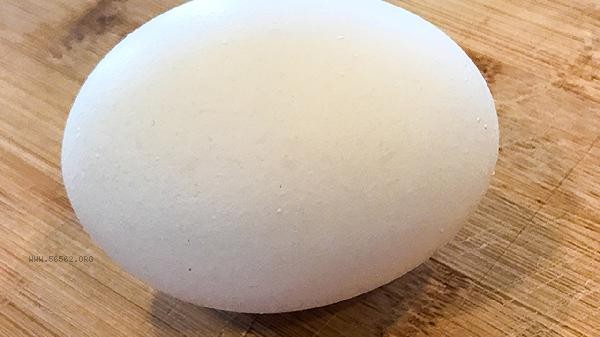Breakfast eggs can be replaced with foods such as tofu, oatmeal, Greek yogurt, nut sauce, quinoa, etc. These foods are rich in high-quality protein, vitamins, and minerals, providing nutritional value similar to eggs and suitable for people who are allergic to eggs or need a diversified diet.

1. Tofu
Tofu is made from soybeans and contains rich plant protein and calcium. Its texture is soft and easy to digest, making it a suitable source of breakfast protein. North tofu has a high protein content and can be sliced and fried, or added to vegetable soup for consumption. Isoflavones in tofu help regulate endocrine function, but gout patients need to control their intake.
2. Oatmeal
Oatmeal contains soluble dietary fiber and B vitamins, and when brewed with fruits, it can form complete protein. Steel cut oats require cooking but have a lower glycemic index, while ready to eat oats are convenient and fast but require a sugar free option. β - glucan in oats can help maintain intestinal health, and it is recommended to consume small amounts multiple times for those with excessive stomach acid.
3. Greek Yogurt
Greek yogurt has twice the protein content of regular yogurt after filtration, and also contains probiotics and calcium. Choosing a sugar free style can be paired with blueberries or chia seeds to increase nutrient density. Lactose intolerant individuals can try plant-based yogurt as a substitute. Greek yogurt stored in refrigeration should not be consumed directly on an empty stomach. It is recommended to pair it with grains to alleviate irritation.

4. Nut Butter
Almond or peanut butter is rich in healthy fats and vitamin E, and can be used as a substitute for egg sandwiches when applied to whole wheat bread. Choose natural nut paste without added sugar and hydrogenated oil, and limit the consumption to no more than 15 grams per serving. Nut sauce has a high energy density, and weight loss enthusiasts should pay attention to their total calorie intake. Allergic individuals should avoid related products.
5. Quinoa
Quinoa contains nine essential amino acids that the human body needs, and can be cooked to make breakfast salads with vegetables. White quinoa has the softest taste and is suitable for making Congee. Red and black quinoa are more chewy. The outer layer of quinoa saponins should be thoroughly washed to avoid bitter taste, and those with thyroid dysfunction should control their consumption frequency. Long term single substitution may lead to incomplete nutrition, and it is recommended to rotate 3-4 substitution options per week. Pairing green leafy vegetables with whole grains can increase iron absorption, and moderate exercise after meals can help with protein conversion and utilization. Before changing breakfast ingredients for people with special physical conditions, they can consult a nutritionist for personalized evaluation, while paying attention to the digestive reactions after consumption. If bloating or rash occurs, the dietary structure should be adjusted in a timely manner.










Comments (0)
Leave a Comment
No comments yet
Be the first to share your thoughts!